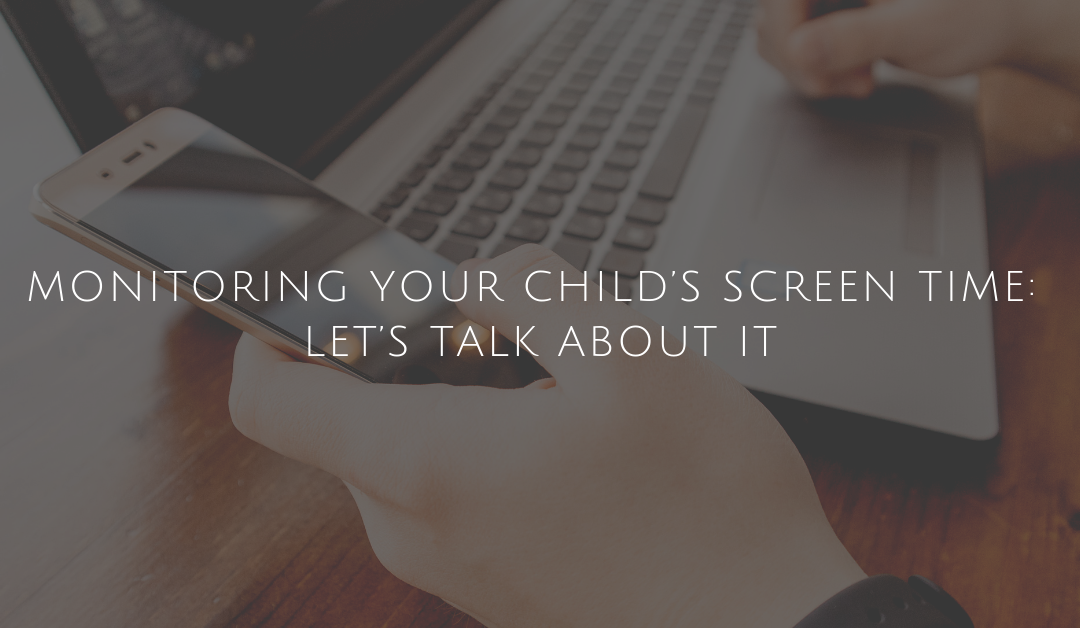
by Sara Hart | Apr 18, 2019 | Blog
The fast-paced work environments employees often experience can lead to stress, burnout and, more importantly, challenges with managing mental health. Mental well-being among employees should be a top priority within the ranks of company leadership, as addressing mental health in the workplace is crucial for a company’s stability, productivity and employee retention and satisfaction. Below, we outline ways leaders can establish programs or initiatives that promote positive mental health in the workplace.
Talk about it
Create a culture that embraces openness and understanding when it comes to mental health. If employees feel comfortable in their environment, they are more likely to be open about any issues that arise. Leadership teams should reserve regular opportunities for one-on-one conversations with employees and communicate to them that they’re free to be open and honest about issues at work – without fear of being judged. At South Bay, we encourage our employees to take time to care for themselves so they are able to provide their best level of care to others. During employee supervisory sessions, for example, we talk one-on-one with our clinicians about the importance of self-care and offer them encouragement and support.
Promote employee strengths
Take pride in your employees! Let …

by Sara Hart | Mar 13, 2019 | Blog
Last month, a story in the media about a social media challenge directed at children and young adults, called the “Momo Challenge,” created unease in parents throughout the country. The challenge turned out to be a social media hoax and no reports of children participating in the challenge actually surfaced – but they were still aware of it and were discussing it among friends.
Several questions and concerns in parents arose from this internet scare. Do I have a firm understanding of what my child is actually viewing online? How do I successfully and healthily monitor my child’s social media and internet usage? Below, we offer a few tips on how parents can become more in touch with and supervise their child’s digital footprint.
Establish open lines of communication
It’s important to sit down with children to explain what’s out there and the harmful impact some online content can have on them. Don’t be afraid to have these hard conversations. Children experience fewer damaging effects when they’ve been taught basic media literacy skills.
Make technology use a privilege
Make it known that your children have to earn their screen time. This may be difficult for them to understand, but stay …

by Sara Hart | Feb 18, 2019 | Blog
Every teenager is going to experience pressure at some point in his life – pressure to achieve academically, pressure to fit in, pressure to establish a career path, etc. With the increasing demands put on teens today, it’s essential for them to understand the importance of mental wellness. Developing self-confidence through mental wellness will make it easier on teens to resist peer pressure.
Mental health is just as important as physical health, and it’s crucial for teens to appreciate its role in wellness as they prepare to venture into the world on their own. Below, we offer a few tips on how to encourage your teen to prioritize mental health.
Teach coping skills
Learning how to deal with and conquer negative emotions takes time. Work with your child to establish healthy coping skills that will ease the stress of the daily struggles he faces. Coping techniques can be different for every teenager, so work together to find what works. The goal is to establish a habit that will help your child put his negative feelings into perspective, allowing him to seek a healthy solution.
Be open to having hard conversations
It’s no secret that talking with teenagers about controversial subjects …

by Sara Hart | Jan 21, 2019 | Blog
It’s no secret – sleep is an essential factor when it comes to your child’s overall health and development. While a few bad nights can be normal, children with persistent sleeping problems could lead to temperament, learning and social behavior issues. Below, we outline steps you can take to improve your child’s sleeping habits, ensuring they get the critical sleep they need to develop and function properly.
Bedtime bravery
For a lot of children, the looming thought of going to sleep can be anxiety-inducing. That’s why it’s important to help them face it with bravery. Try drowning out odd noises with a sound machine; illuminating the room with a night light; or re-labeling an air freshener bottle as “monster spray.” Stay consistent in helping them face their fear. If they wake up in the middle of the night, bring them back to their own bed – instead of resorting to letting them sleep in yours. In turn, celebrate your child’s good nights by using a rewards system such as a sticker chart.
Sleep environment control
Allow your child to take control of his or her bedtime routine by choosing which stuffed friend or blanket to bring to bed. Find an …

by Sara Hart | Oct 5, 2018 | Blog
You’ve been diagnosed with a behavioral health illness. What do you tell people? How do you share? Who do you tell?
You may have mixed emotions over these questions, and that’s perfectly fine. Know that being scared is normal, and anticipating how friends, family, coworkers etc. will react to your diagnosis is natural.
The decision to openly talk about your diagnosis is a personal one, and you don’t have to share until you’re ready. Do realize, however, that you may never be 100 percent ready. Think about it – are we ever 100 percent ready to do anything that’s difficult in life? But, stepping out of your comfort zone, knowing you have people who are there for you and facing your fears head-on, will likely help you move forward in your journey toward recovery.
Below, we offer some advice to keep in mind when preparing to discuss a mental health diagnosis.
It’s just an illness.
It’s plain and simple. You live with it just like any other person with an illness – diabetes, for example – lives with it. And, just like any other illness, it can be managed and treated once identified.
Most people just need to be educated.…





